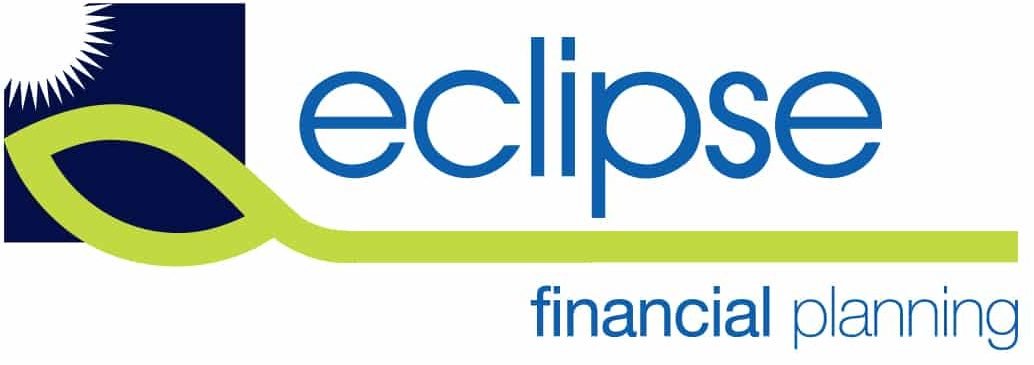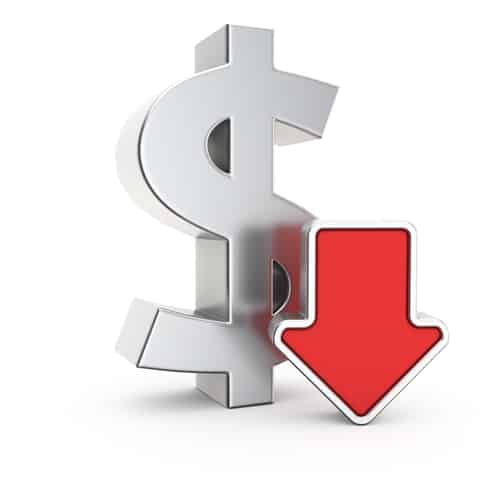Thinking about buying a rental property? Before you make any bids or sign any papers, you should get up to speed with property depreciation and the tax benefits involved. Depreciation is a key benefit of property investment you won’t want to overlook.
What is property depreciation?
Property depreciation refers to how much a particular asset loses value over time. When it comes to property, there are two broad types of assets that depreciate. The first is plant and equipment, which refers to items within a house such as appliances, carpets, curtains, furniture or fittings. The second is building allowance, which is to do with the construction costs, such as brickwork. In most cases, these are tangible objects.
What does depreciation mean for me as an investor?
The key fact about depreciation is that you can claim the decline in value for these various items as a tax deduction against your regular income. Therefore, even if that carpet you bought for the property is fraying and fading now, you’ll receive tax benefits because of it in the long run.
Are there limits to what I can claim?
There are certain restrictions, but they are relatively mild. You can only claim depreciation on a property that was built after July 17 1985, for instance. Also, you can only claim an immediate deduction for assets that cost $300 or less. Finally, remember that the house or unit must be used as rental property to claim this – it has to be an income-producing asset.
How do I claim depreciation?
The process of claiming is relatively simple. You’ll have to hire a quantity surveyor, who will draw up a depreciation schedule, or report, for your property, outlining how much you can deduct each year. You can then send the report to your accountant, who can take care of the rest.
Be sure to consider depreciation benefits when speaking to a mortgage broker in Whitsunday Shire areas like Collinsville, Cannonvale or Airlie Beach.

